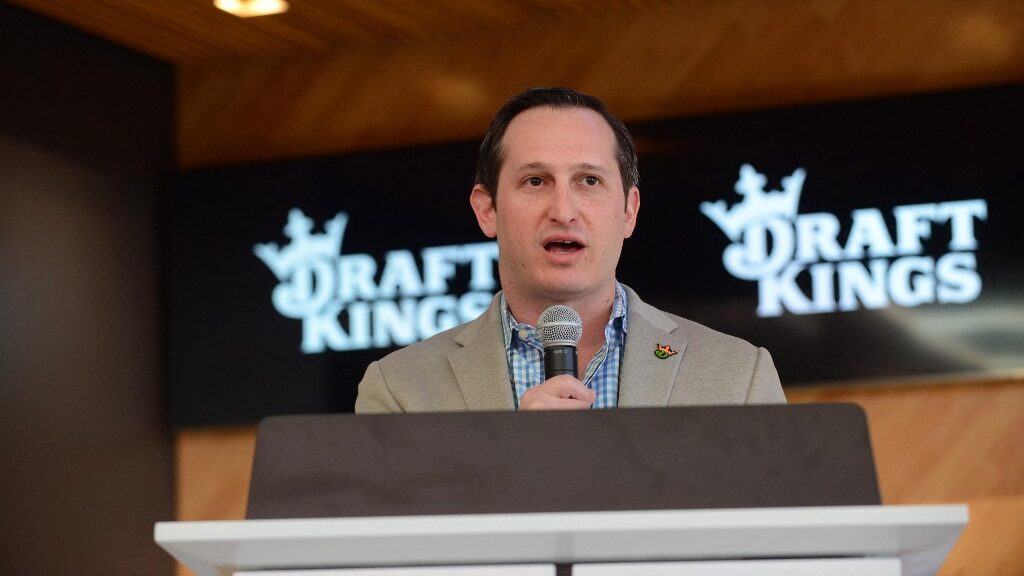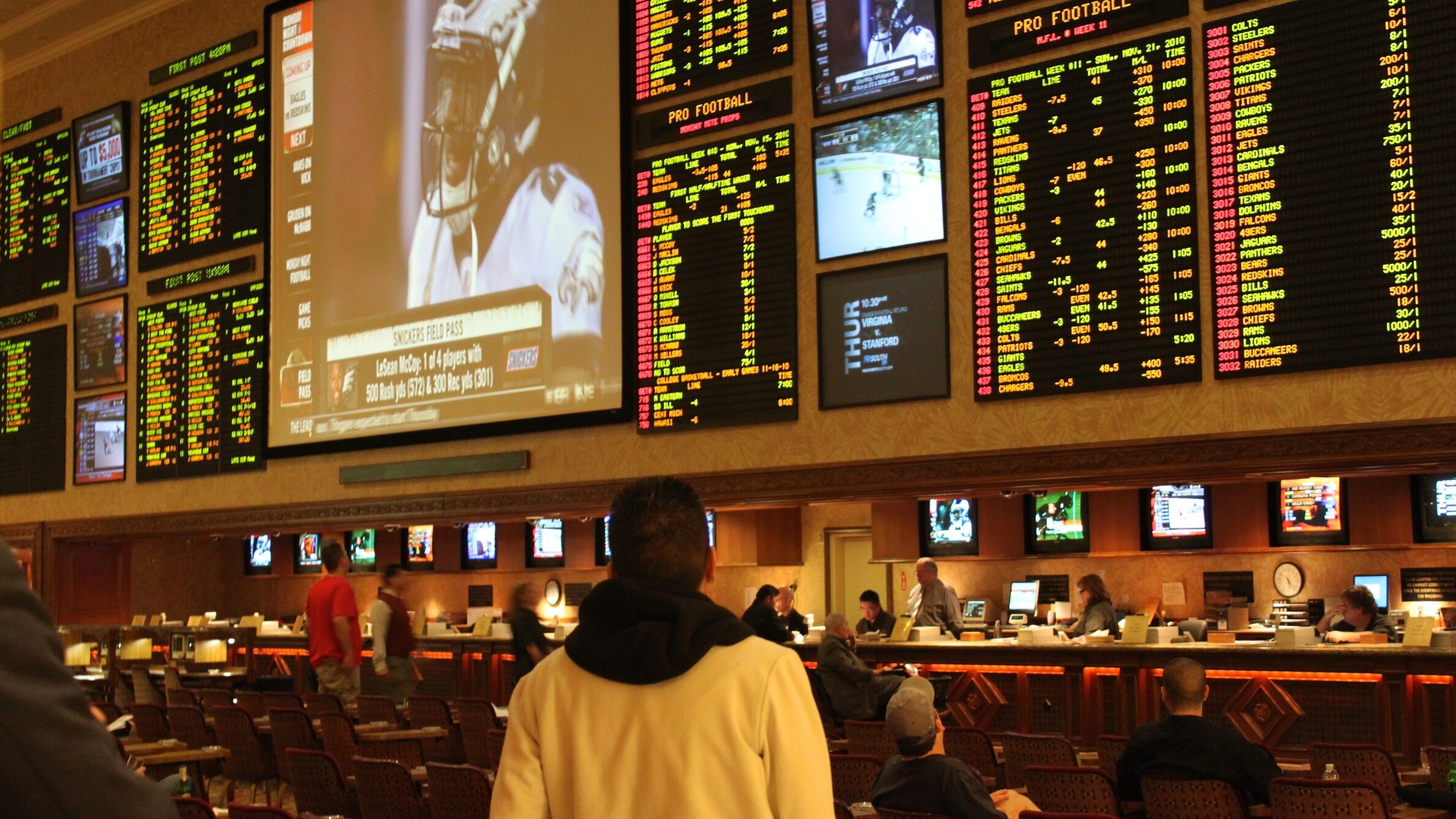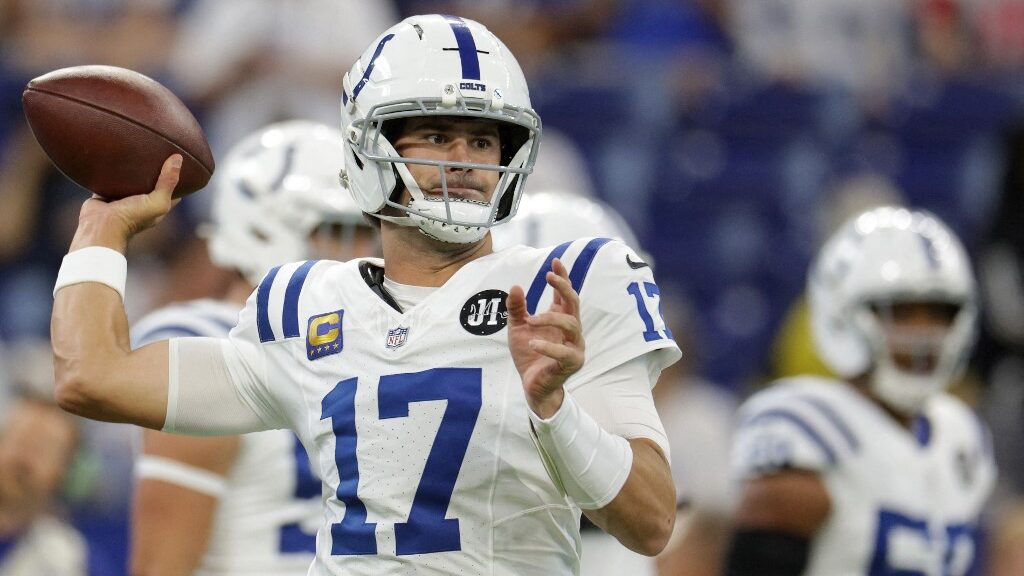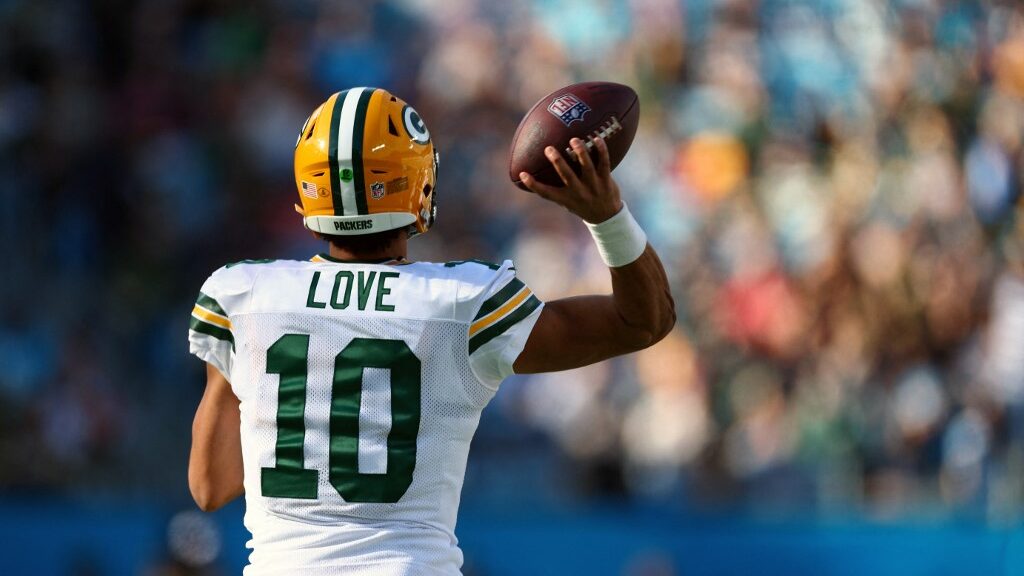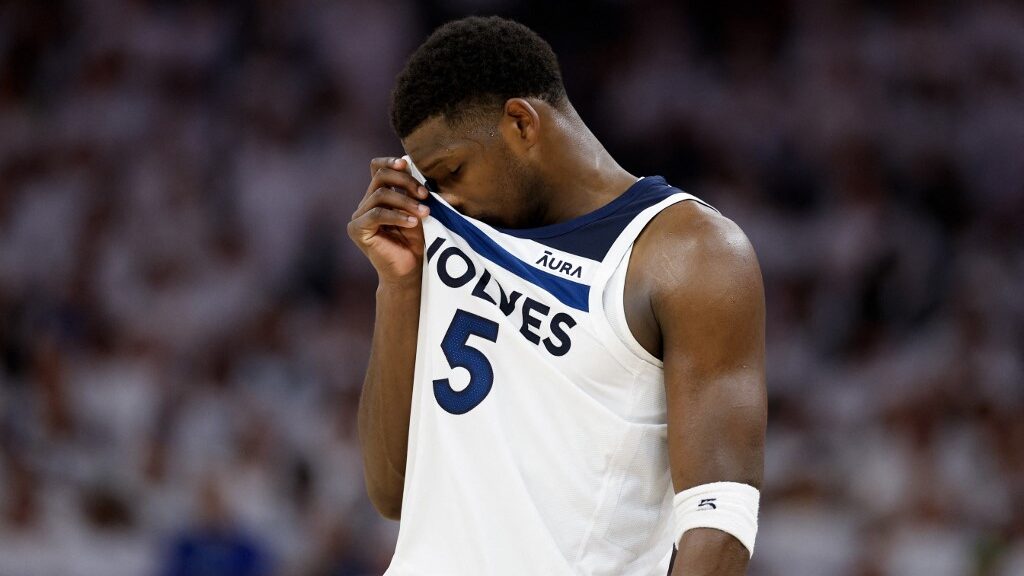
They were so close, yet so far away.
All the key players involved in sports betting in Minnesota finally agreed on a plan that would have expanded gambling in the state.
The lawmakers had enough votes in both houses to pass the bill without any problems. But another legislative session in Minnesota ended without the state making sports betting legal.
In the end, it seems that poor time management and political disagreements thwarted a great solution that would have met everyone’s needs.
“We believe we have the support of the tribes, the tracks, the charities, bipartisan support in both chambers if we had the opportunity to have it on the floor for a vote,” said Rep. Zack Stephenson
“I think if we had another 48 hours, I think we could do this,” said GOP Rep. Pat Garofalo. “I sincerely mean that. We really could.”
Discussion Ends After Two Years of Negotiating
Over the past two years, there have been discussions between Minnesota tribes and tracks regarding tribal exclusivity in online sports betting. However, disagreements among Minnesota’s 11 tribes prevented a final deal with tracks during previous sessions.
But this year, all the parties involved reached an agreement on revenue sharing (related to online sports betting). The deal would have ensured that tribes receive a minimum revenue, and tracks get a share of the tax revenue. The specifics would vary based on revenue amounts and expenses.
The Deal’s Terms
The deal centered on twin revenue-sharing arrangements to gain support from smaller tribes and tracks. A tribal equalization account was funded with 15% of online sports betting tax revenue. It guaranteed every Minnesota tribe a minimum revenue, even if they chose not to participate or partner with a platform provider with a low market share. Minnesota tracks also received 15% of online sports betting tax revenue (uncapped).
For the first $12.5 million annually, Canterbury Park (with higher racing expenses) split the revenue 60-40 with Running Aces.
Any additional revenue share would follow the existing 72-28 split used for advanced deposit wagering, and tracks could use this share for all racing expenses, not just purses.
There Are More Questions Than Answers
But the latest failed attempt to pass sports betting leaves many asking at least two questions: Why didn’t the deal pass if it was there? What was in the “framework” that sponsors refer to, which resolved the political deadlock that has baffled supporters in the past?
The reason for the failure is less clear. Backers stated that a narrow path to success existed in the final days of the legislative session. The agreement had to pass the House by Friday, May 17, to meet Senate rules, which required it to be “read in” on three separate days. However, the House’s failure to pass it disrupted this timeline.
But Garofalo, who introduced the first sports betting bill right after the U.S. Supreme Court ruling in 2018, remains optimistic.
“The fact that legislators of both parties with geographic diversity were able to get so close to an agreement… I think that’s a testament to the people who are involved in it, that these things still can happen,” he said.



